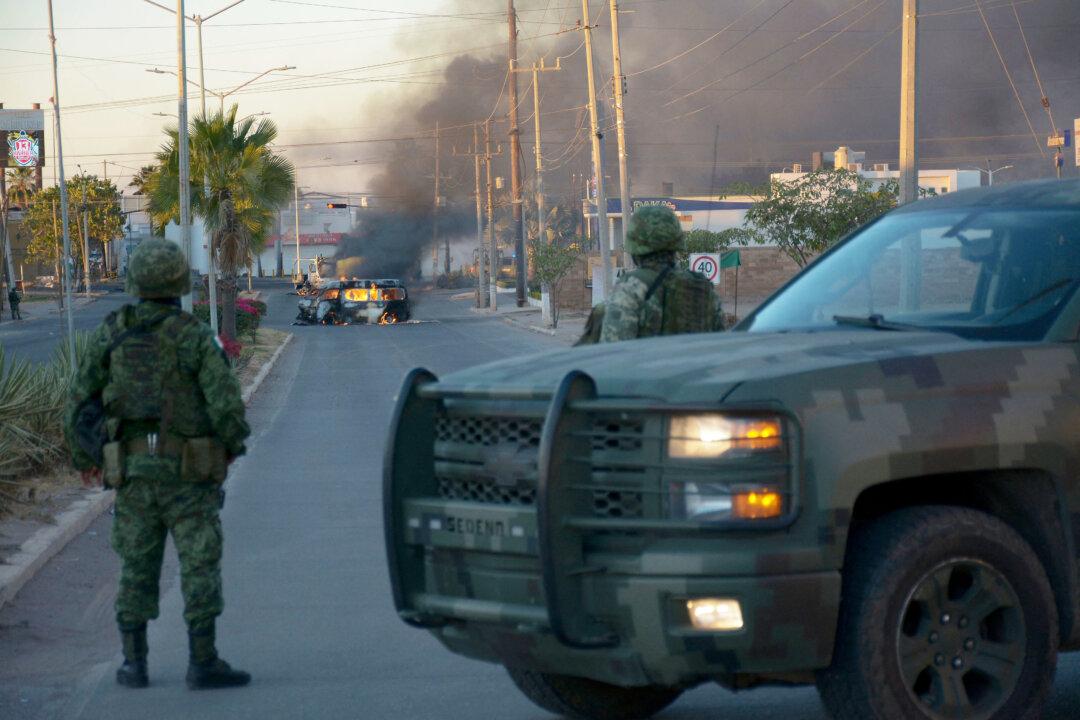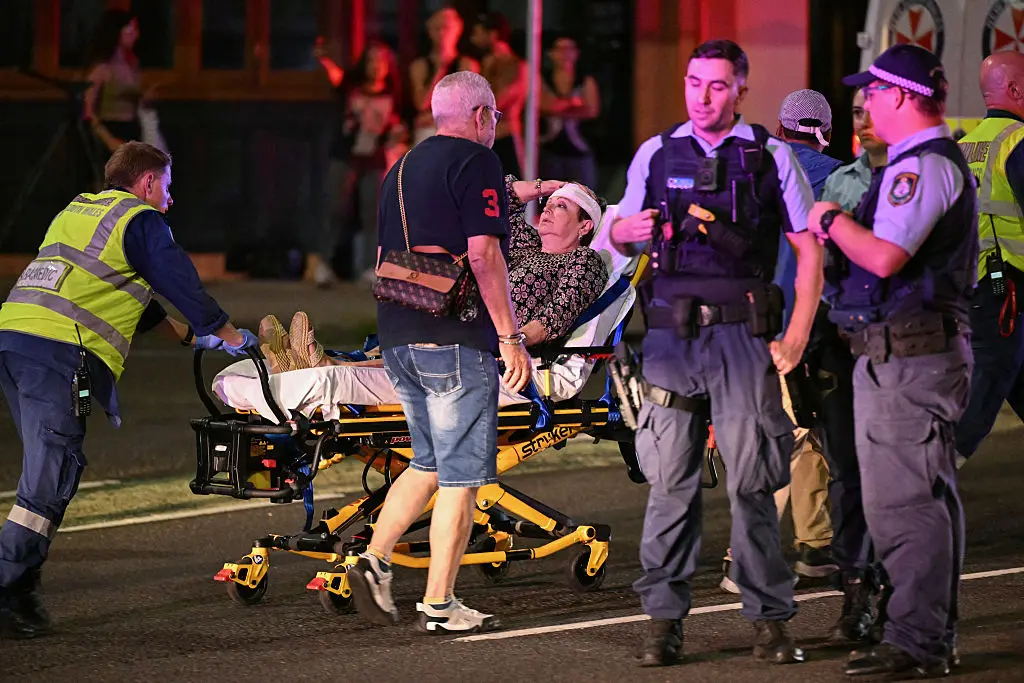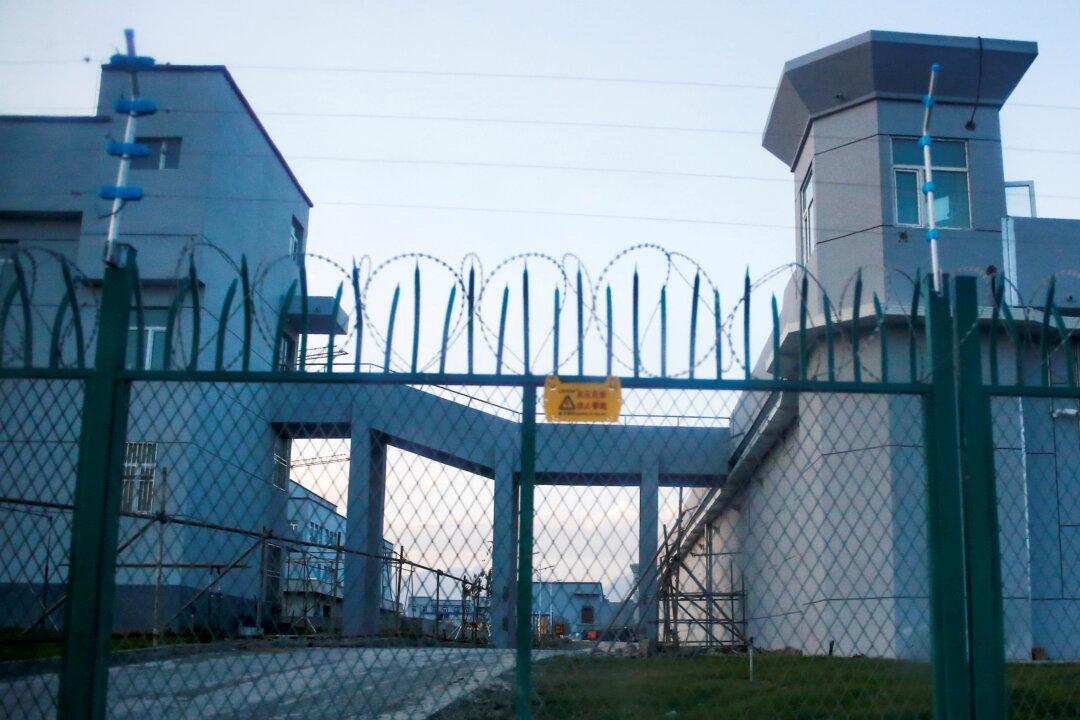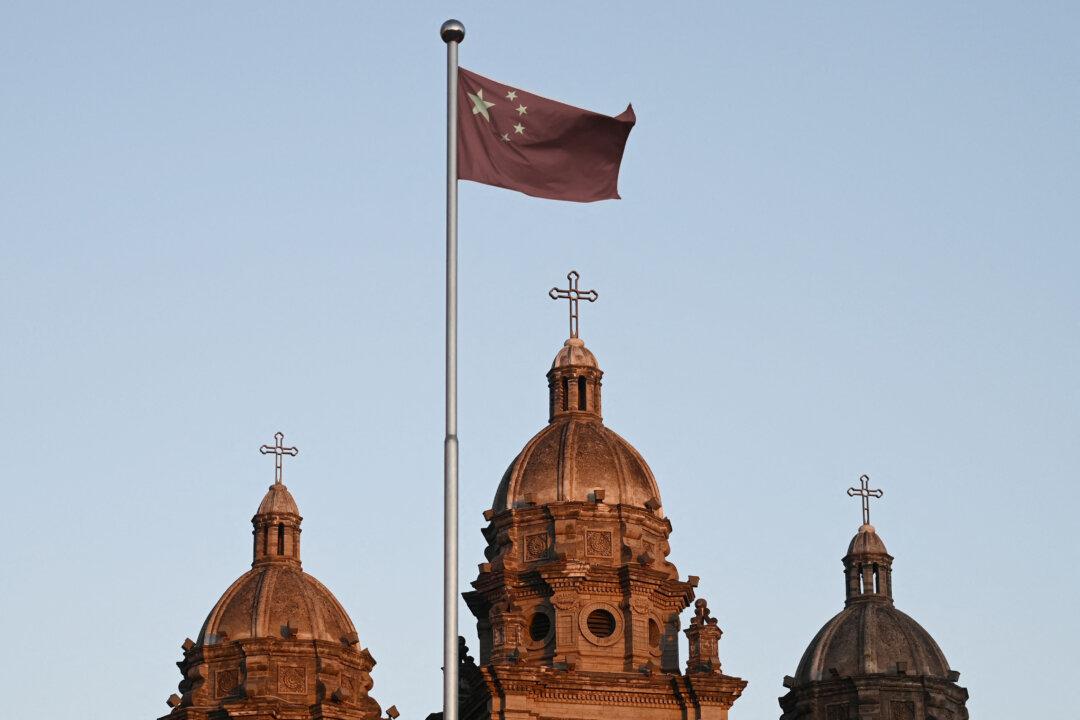Commentary
Some people may be surprised to learn that the word “terrorism” is not that old. Oh sure, we had the Reign of Terror in France in the late 1790s, but the common use of the concept really only dates to the middle of the 19th century. On top of that, terrorism has taken off much more since 9/11, and is especially associated with Islamist extremists (although they are by far not the only groups).





